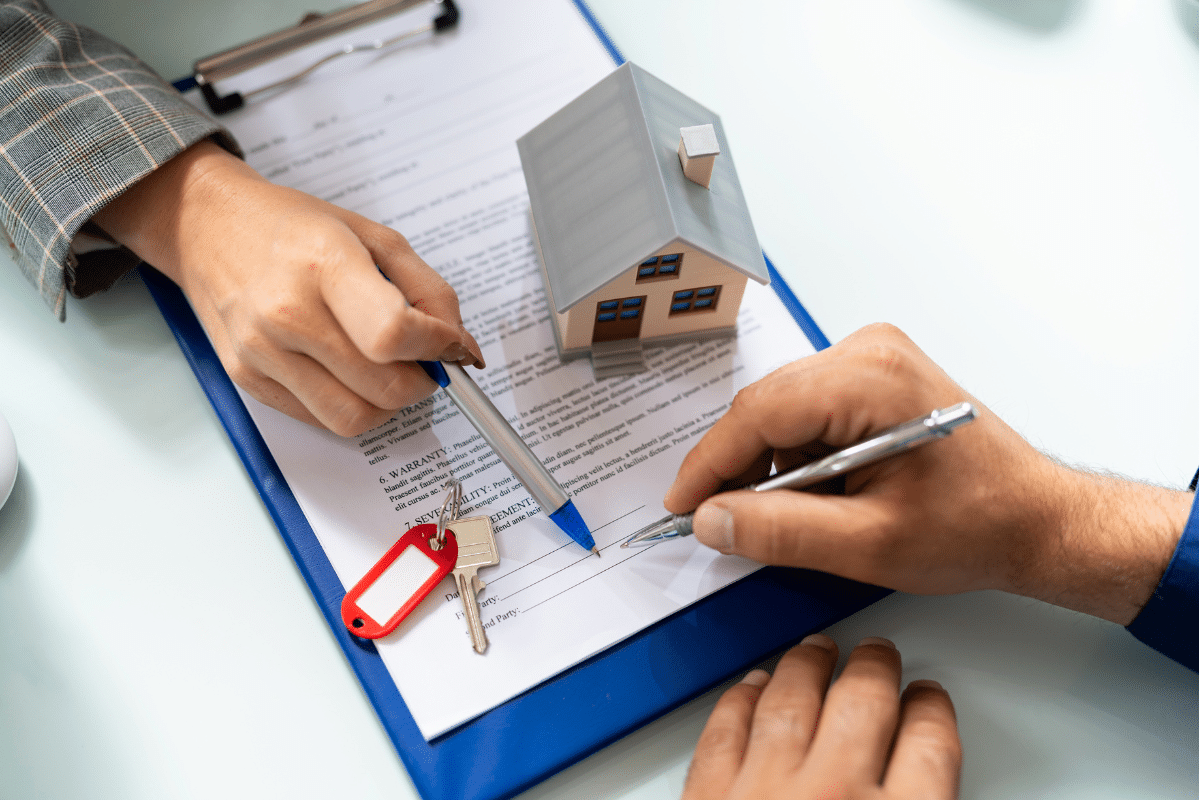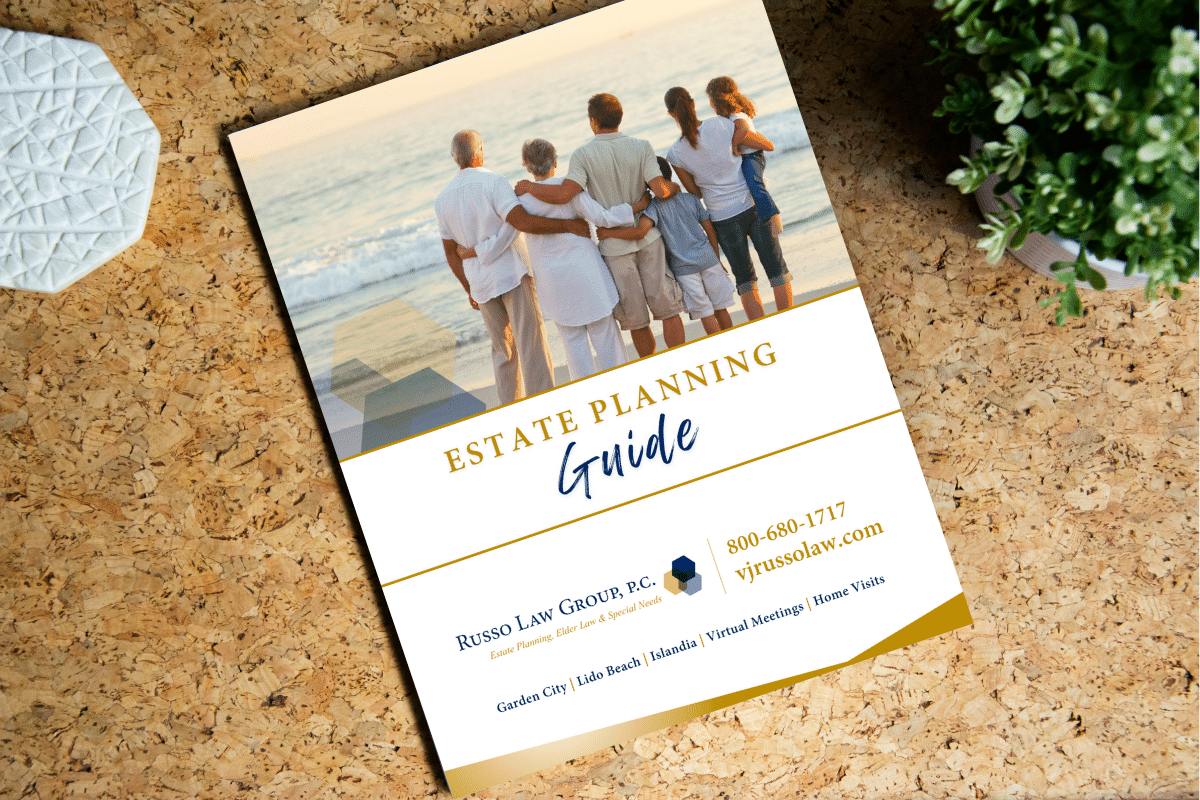Do you know how your home is owned and what the legal consequences are? Many…
I need money to pay my bills, should I get a reverse mortgage? A reverse mortgage allows seniors to convert home equity into cash as a loan. This is one option for seniors so they can remain at home.
The loan can be used to pay for anything from medical bills to making home improvements. Unlike a traditional home equity loan, a reverse mortgage only needs to be paid back when the borrower stops living in the home, fails to meet other obligations of the mortgage, such as paying property taxes, or passes away. Funds received are also protected under the Medicaid eligibility rules.
One major issue with reverse mortgages commonly occurs when an older spouse signs the loan as a sole borrower because the other isn’t eligible yet (as you must be 62 years of age or older) or with the intent to add the spouse at a later date. In this situation two people live in the house, two people own the house, but only one person collateralizes the home with the reverse mortgage.
If the borrower spouse no longer lives at home, either because he or she has passed away or now lives in an assisted living facility or a nursing home, then the loan would be due for repayment. When this happens, the other spouse is faced with the choice of paying back the loan or foreclosure.
There are many financial tools available to help seniors meet the rising cost of living. It is important to speak with a professional who can explain the options before you or a loved one make a decision that can lead to serious financial consequences.




Comments (0)